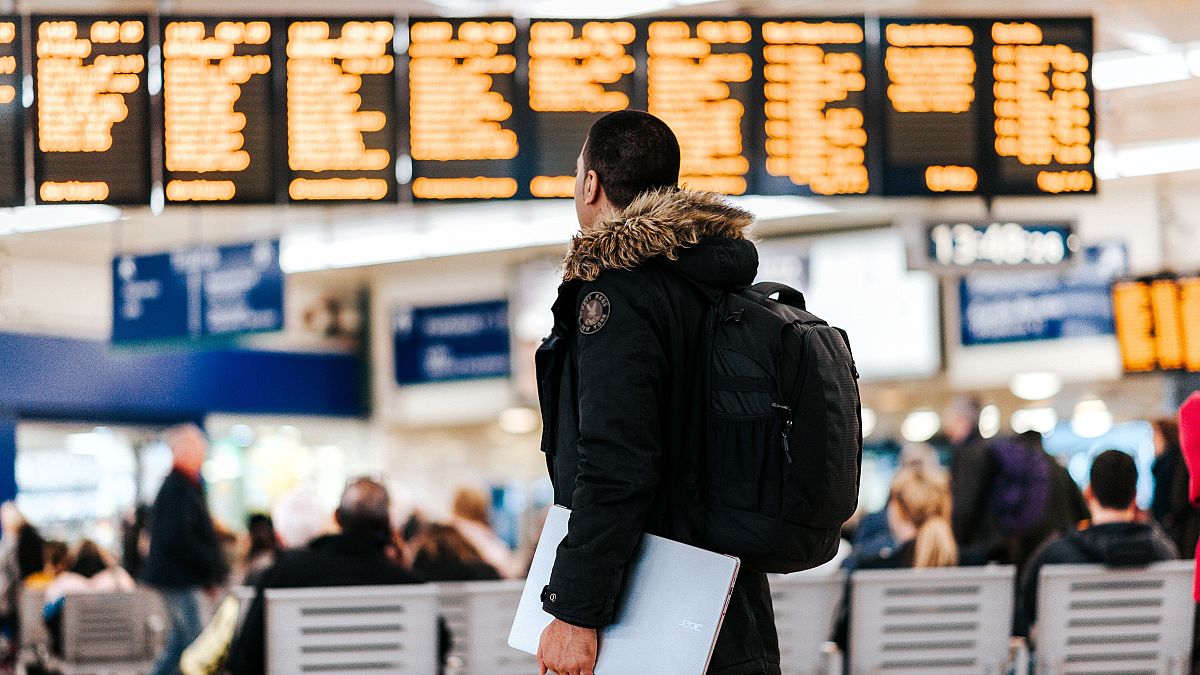2023 has been a challenging year for air travel, with the aviation industry plagued by strikes, system hiccups and disruptive weather conditions.
Many passengers might, therefore, be thinking about holiday travel - the busiest time of the year - with trepidation.
Although many factors that make air travel taxing are out of passengers’ control, one thing you can choose is which airport to fly from.
To make your journey a little more relaxing, think about avoiding the following airports, which have been ranked the most stressful in the world.
Which is the most stressful airport in the world?
A study conducted by visa advice website VisaGuide.World has ranked the most stressful airports in the world as of December 2023.
The survey quizzed 1,642 air passengers of 53 different nationalities who have made at least two international air trips within 2023.
They were asked what aspects of air travel stressed them out the most. These turned out to be a high number of passengers, large airports often difficult to navigate due to their size, crowded airports, the frequency of flight delays and the distance from the city centre.
Using these concerns, VisaGuide.World established an airport ranking using five factors: total number of passengers, airport size in square metres, passenger density per square metre, share of annual delays and downtown distance in kilometres.
London Gatwick is the most stressful airport in the world
London Gatwick, the UK’s second biggest airport, came out as the most stressful airport globally to travel through.
Although the number of passengers that use Gatwick is below average compared to other airports, it has one of the highest passenger density scores.
Its percentage of annual delays is the second highest of the top ten, and the distance from the city centre - 43 kilometres - is the highest.
Half of the world’s top ten most stressful airports are in Europe
Türkiye’s Istanbul Airport comes in second place. It is Europe’s busiest with 64,289,107 passengers recorded in 2022, which makes it the world’s seventh busiest airport.
Travellers claim they often face difficulties navigating the airport due to its enormous size - over 76 million square metres.
Germany’s Munich Airport took third place. It recorded less than half of Istanbul’s footfall in the same year - 31,642,738 passengers. But Munich airport’s size is five times smaller than that of Istanbul airport.
Denver International Airport in the United States is listed fourth, and the fifth position is occupied by another British hub, Heathrow Airport.
Heathrow is Europe’s second busiest airport with 61,614,508 passengers and it is even smaller than Munich airport.
Sixth place went to Los Angeles International Airport, followed by Rome–Fiumicino International Airport, Dallas Fort Worth International Airport, John F. Kennedy International Airport, and O’Hare International Airport.


